Bolivia govt., rivals seek to defuse crisis
Bolivia's government and rightist rivals sought to defuse a deep political crisis on Sunday, Reuters reported.
Monday, 15.09.2008.
10:45

Bolivia's government and rightist rivals sought to defuse a deep political crisis on Sunday, Reuters reported. This came after deadly protests prompted martial law in a restive northern province where more than a dozen people were killed. Bolivia govt., rivals seek to defuse crisis Mario Cossio, governor of natural gas-rich Tarija province, traveled to La Paz for a second round of talks with the government, which President Evo Morales planned to attend. Morales will then travel to Chile for a summit that South American presidents will hold on Monday to try to broker a resolution to the crisis. Bolivia, an unstable country with large natural gas reserves at the heart of South America, has been rocked in the past week as supporters of rightist opposition governors stepped up rejection of Morales' plans for deep socialist reforms. Morales, among a new generation of leftist leaders in Latin America allied with anti-Washington President Hugo Chavez of Venezuela, has said his opponents want to oust him. Opposition protest leader and wealthy pro-autonomy businessman Branko Marinkovic said his followers would end roadblocks that have crippled eastern Santa Cruz province to help foster negotiation. "We're going to be working on a document and if we reach an agreement the president will present it," Vice President Alvaro Garcia told reporters before talks started with Cossio. At the top of the agenda for talks is the new constitution that Morales, Bolivia's first indigenous leader, is trying to push through to formalize rights for the country's Indian majority and institute land reforms that the governors oppose. Bolivia's political polarization deepened after a recall vote in August that Morales won in a landslide but that also strongly endorsed governors, who want more autonomy to run their provinces. Defense Minister Walker San Miguel said the army was patrolling the small city of Cobija, capital of sparsely populated Pando province in the Amazon near Brazil, two days after Morales declared martial law in the area. Local radio said 100 residents defied martial law by marching peacefully with white flags. A Reuters witness said shops were closed on Sunday and streets were quiet. Health Minister Ramiro Tapia said from Cobija he had a list of 14 confirmed dead, killed in what the government says was an ambush by opposition groups against pro-Morales peasant farmers. He also said 50 people were still missing.
Bolivia govt., rivals seek to defuse crisis
Mario Cossio, governor of natural gas-rich Tarija province, traveled to La Paz for a second round of talks with the government, which President Evo Morales planned to attend.Morales will then travel to Chile for a summit that South American presidents will hold on Monday to try to broker a resolution to the crisis.
Bolivia, an unstable country with large natural gas reserves at the heart of South America, has been rocked in the past week as supporters of rightist opposition governors stepped up rejection of Morales' plans for deep socialist reforms.
Morales, among a new generation of leftist leaders in Latin America allied with anti-Washington President Hugo Chavez of Venezuela, has said his opponents want to oust him.
Opposition protest leader and wealthy pro-autonomy businessman Branko Marinkovic said his followers would end roadblocks that have crippled eastern Santa Cruz province to help foster negotiation.
"We're going to be working on a document and if we reach an agreement the president will present it," Vice President Alvaro Garcia told reporters before talks started with Cossio.
At the top of the agenda for talks is the new constitution that Morales, Bolivia's first indigenous leader, is trying to push through to formalize rights for the country's Indian majority and institute land reforms that the governors oppose.
Bolivia's political polarization deepened after a recall vote in August that Morales won in a landslide but that also strongly endorsed governors, who want more autonomy to run their provinces.
Defense Minister Walker San Miguel said the army was patrolling the small city of Cobija, capital of sparsely populated Pando province in the Amazon near Brazil, two days after Morales declared martial law in the area.
Local radio said 100 residents defied martial law by marching peacefully with white flags. A Reuters witness said shops were closed on Sunday and streets were quiet.
Health Minister Ramiro Tapia said from Cobija he had a list of 14 confirmed dead, killed in what the government says was an ambush by opposition groups against pro-Morales peasant farmers. He also said 50 people were still missing.




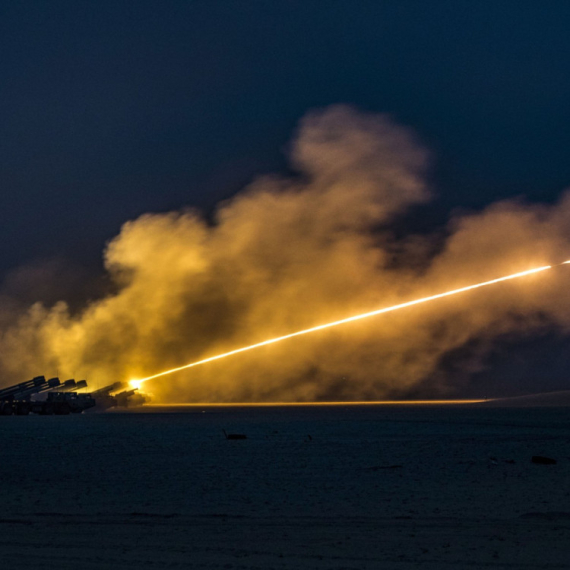







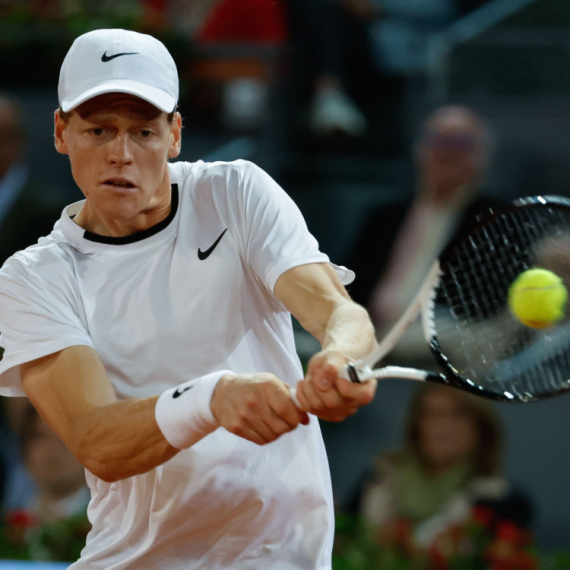
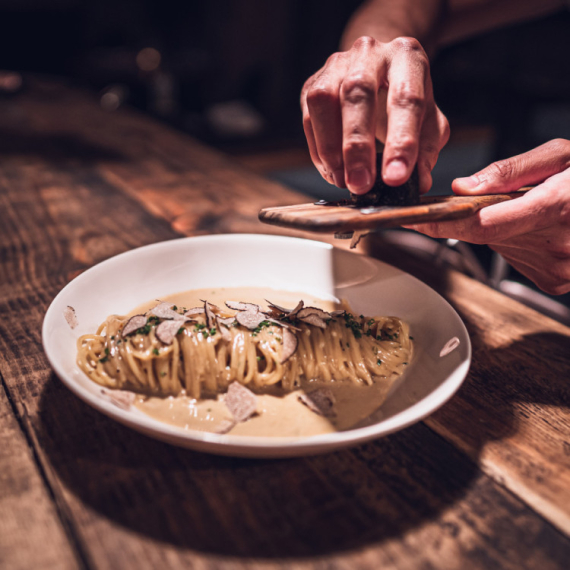
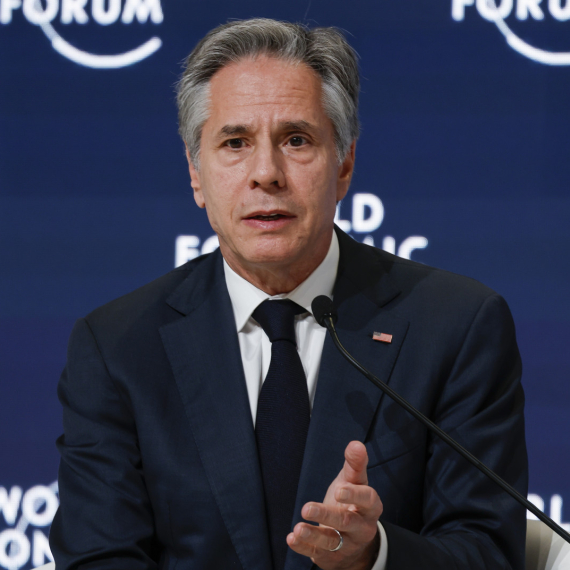
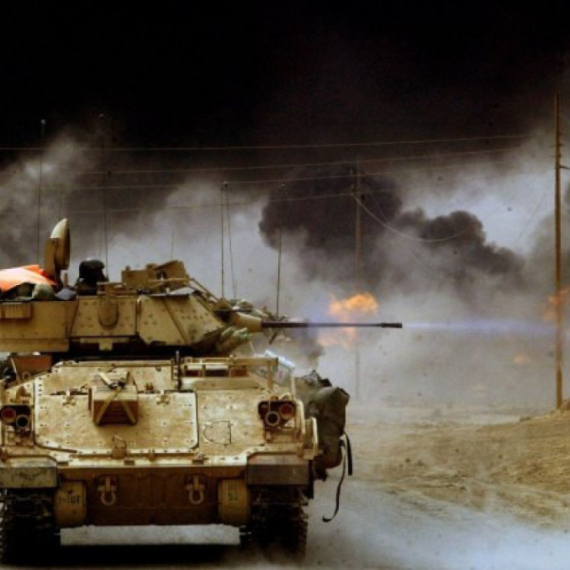

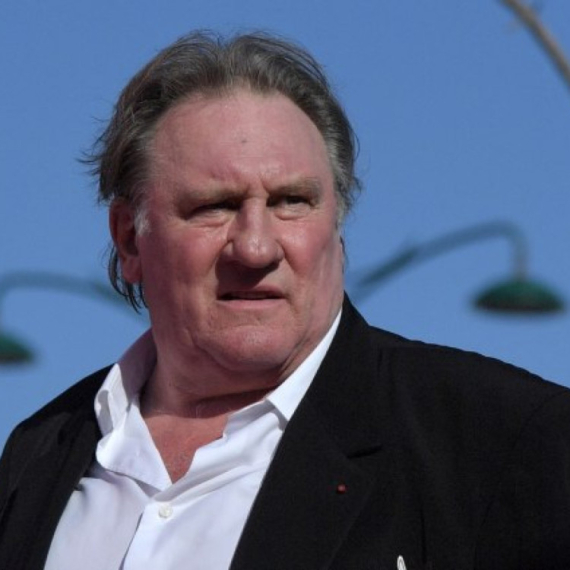
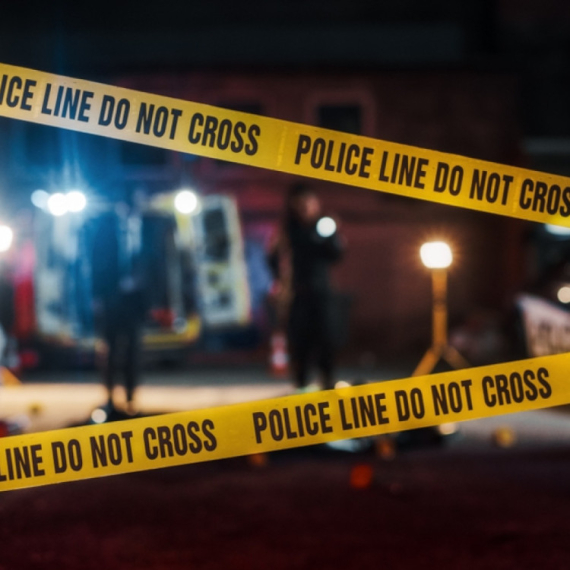






















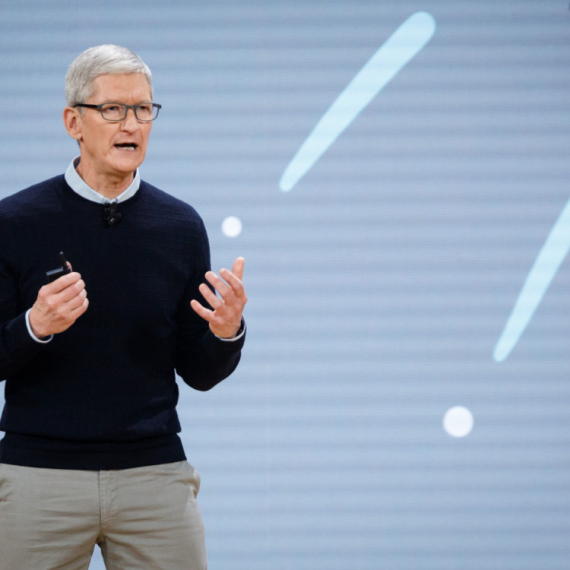




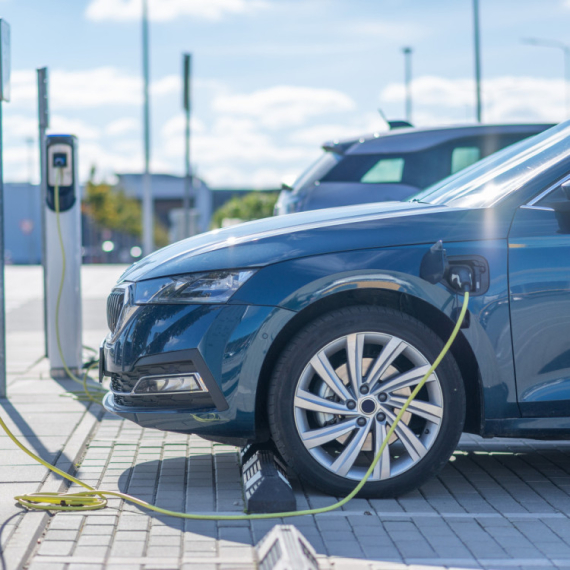




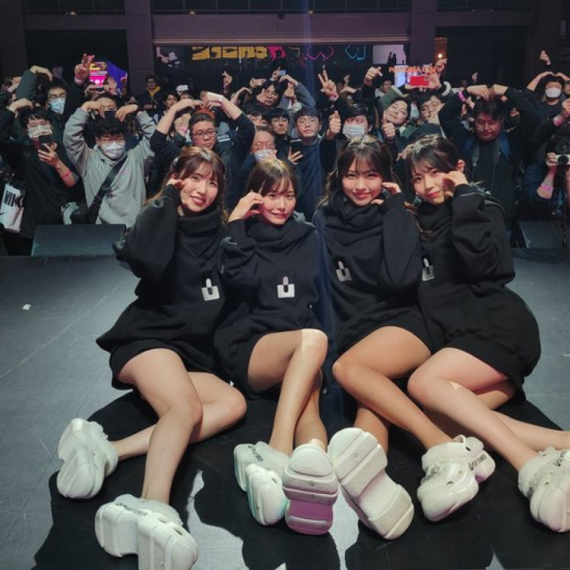





Komentari 0